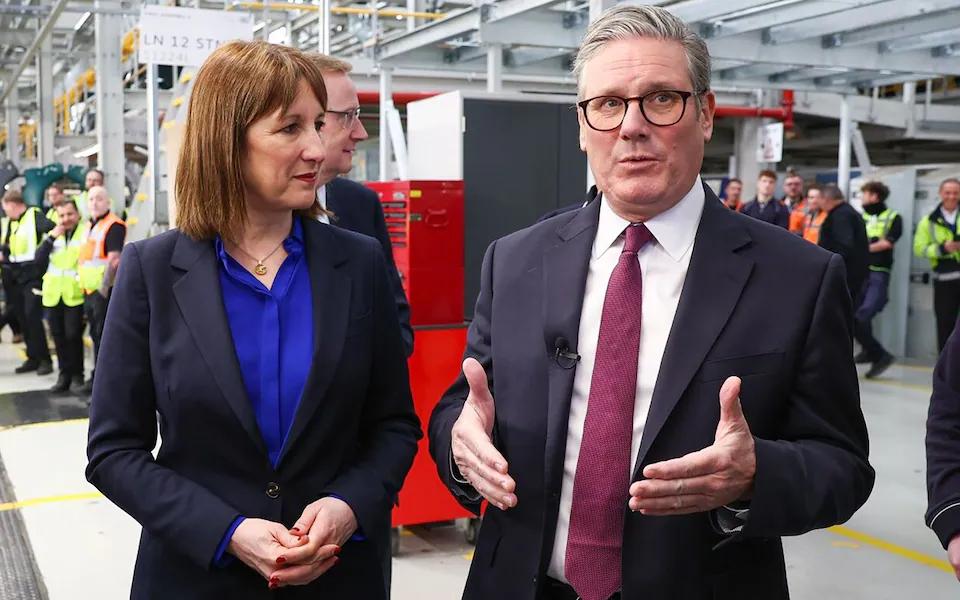Sir Keir Starmer is preparing to shut down further wealth tax proposals amid warnings from a key adviser that taxing the rich could harm the UK economy.
The Blairite director of policy delivery, Liz Lloyd, has reportedly raised concerns that measures such as the scrapping of non-dom tax status may be driving wealthy individuals out of the country, potentially stifling investment and growth.
Her intervention follows a difficult week for the government, after a U-turn on welfare reforms left Chancellor Rachel Reeves scrambling to fill a £5 billion budget gap. Left-wing Labour MPs have renewed calls for a two per cent annual levy on assets over £10 million, which they claim could raise £24 billion. But Lloyd appears to have prevailed in an internal policy battle, with Starmer leaning toward prioritising economic growth over new taxes on the rich.
The Prime Minister had previously warned that the wealthy are not a bottomless pit and has emphasised the importance of expanding the economy rather than relying on high networth individuals to fund public services. He is now looking to strengthen his influence over economic decisions by appointing a new political economic adviser in No 10, a role that has been vacant since Ravinder Athwal, a key figure in Labour’s 2024 manifesto, departed. Huw Leslie, a civil servant, is temporarily filling in but can not engage in partisan policymaking.
One former government adviser said that Starmer’s move to bring in a political economic voice at No 10 could help shift control away from the Treasury and ensure the budget aligns more closely with his priorities.
Despite Starmer’s public show of unity with Reeves, his decision to block further tax hikes on the wealthy suggests a divergence in strategy behind the scenes. Reeves, while not ruling out new taxes in the autumn budget, told The Guardian she was committed to avoiding the kind of unfunded spending pledges that plagued past governments. “It would be irresponsible for a chancellor to rule anything out,” she said, but added: “There are costs to what happened before.”
Concerns are mounting that the UK is facing a significant wealth drain, with one forecast predicting a record 16,500 millionaires will leave the country in 2024, the highest number for any nation globally. This could not only reduce the revenue from scrapping non-dom status but also risk losing investment, business, and jobs.
Starmer’s inner circle appears to be deepening
The tension between Blairite and more traditional Labour figures in Starmer’s inner circle appears to be deepening. Lloyd’s rise has reportedly sidelined more Left-leaning voices, including Stuart Ingham, who leads the No 10 policy unit and has worked with Starmer since 2016. Some in the party now view Ingham’s position as untenable.
Last year, Starmer brought in economists Carys Roberts and Rachel Statham from the Institute for Public Policy Research, a think tank supportive of wealth taxation. But insiders say their influence has diminished since Lloyd’s arrival in January.
Pressed on Starmer’s stance, a Downing Street source pointed to his Commons statement from March: “We have raised money,the energy profits levy, taxing non-doms and air passenger duty on private jets, but this isn’t a bottomless pit and we must kickstart growth to get the economic stability that we need.”
Starmer’s shift away from wealth taxes underscores a broader recalibration within Labour, one that favours growth-friendly policies and a firm grip on fiscal credibility over the demands of its more radical flank.



